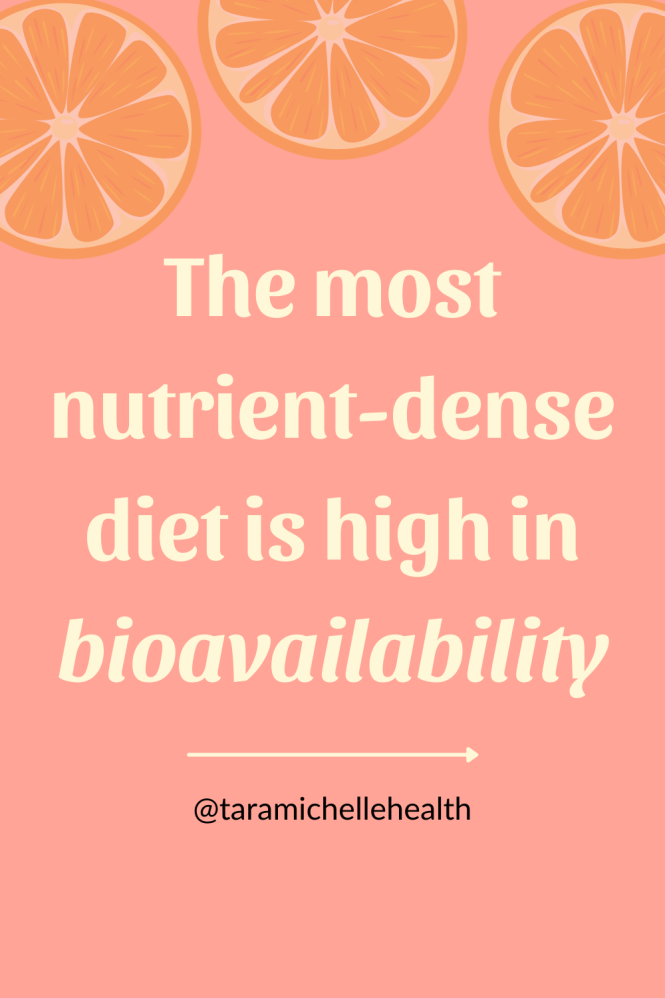

The bioavailability barrier is a crucial aspect of supplement use that often goes overlooked. Are the supplements you’re taking actually being absorbed by your body, or are they simply passing through? This in-depth article dives deep into the complexities of bioavailability, exploring factors that influence nutrient absorption from supplements, and providing actionable strategies for maximizing their effectiveness. We’ll examine the intricate relationship between supplements, digestion, and individual physiology, offering practical advice to overcome the bioavailability barrier. We’ll also cover factors influencing the bioavailability of various nutrients, discussing specific examples and providing a clear roadmap of what to consider when choosing and using supplements. This guide helps you take control of your supplement regimen, ensuring optimal absorption and effectiveness.
Understanding the Bioavailability Barrier
What is Bioavailability?
Bioavailability, in the context of supplements, refers to the proportion of an ingested substance, in this case, a nutrient from a dietary supplement, that is absorbed and becomes available to the body’s tissues and organs. Not all nutrients are created equal; some are absorbed more readily than others. This concept is particularly relevant for dietary supplements, where the efficiency of absorption can significantly impact their effectiveness. The bioavailability barrier represents the hurdles that nutrients from supplements must overcome to become truly effective.
Factors Affecting Supplement Absorption
The Role of Formulation
The form in which a nutrient is presented significantly affects its bioavailability. For instance, vitamin D3 in a liposomal delivery system is often more bioavailable than the same dose of vitamin D3 in a non-liposomal form, because liposomes can shield the nutrient from the harsh environment of the stomach acid, thus protecting it during transit through the digestive tract, and delivering it to the small intestine for more efficient absorption. Factors like particle size, solubility, and the presence of other substances can also impact absorption rate. This is why the precise manufacturing and presentation of supplements matter so much.
Digestive Health
Digestive health plays a pivotal role in bioavailability. Conditions like indigestion or gut inflammation can hinder the absorption process. If your gut microbiome is imbalanced or your digestive system isn’t functioning optimally, the absorption of nutrients from supplements can be considerably compromised. A healthy gut is critical for optimal nutrient uptake, which is why it is so important to take care of your digestive system if you want to get the most out of your supplements. This also emphasizes the importance of considering the influence of personal health conditions.
Personalized Nutrition and Supplement Selection
Individual Variations
Individual differences in metabolism and physiology significantly impact supplement absorption. Genetic predispositions, age, overall health status, and even the presence of existing medical conditions can alter how the body processes and absorbs nutrients from supplements. For example, some individuals might exhibit differences in gut microbiome composition, leading to varied nutrient absorption rates. Furthermore, it is important to consider the interaction of different supplements when using multiple supplements at the same time. This is a crucial aspect that often gets overlooked. This awareness of individual variation emphasizes the importance of a personalized approach to supplement use, taking individual needs and circumstances into account, alongside general guidelines.
Interactions with Other Substances
Certain foods, medications, and even other supplements can interact with nutrients, potentially affecting their bioavailability. For instance, calcium supplements can interfere with iron absorption. It is crucial to be aware of potential interactions to optimize supplement use and avoid negative consequences. Understanding these interactions is vital for developing a safe and effective supplement regimen tailored to your individual needs and circumstances.
Optimizing Supplement Bioavailability
Choosing the Right Form
Different forms of a nutrient may have varying bioavailability. For example, some studies indicate that certain forms of Vitamin C, such as liposomal Vitamin C, might be absorbed more efficiently than others. Understanding the different forms and their relative bioavailabilities can be beneficial when making supplement choices.
Timing and Dosage Strategies
Consuming supplements at specific times or with particular foods may improve absorption. For example, taking iron supplements with vitamin C-rich foods can enhance their absorption. Specific dosing strategies can also maximize effectiveness. It is important to be mindful of timing and dosage recommendations provided by healthcare professionals.
Case Studies and Scientific Evidence
Examining Studies
Various studies investigate the effectiveness of different formulations and delivery methods in enhancing nutrient absorption. For instance, research examining liposomal delivery systems reveals that they can protect nutrients from degradation, leading to greater bioavailability. The research supports the importance of different factors affecting bioavailability.
Real-World Applications
Many studies on bioavailability of specific nutrients, from vitamins to minerals, show the positive impact of different delivery mechanisms and formulations in different contexts. Real-world applications of these studies can be seen in different products available on the market today.
In conclusion, understanding the bioavailability barrier is crucial for maximizing the benefits of dietary supplements. By considering factors like absorption rate, chemical form, and individual physiology, you can make informed decisions about which supplements might be most effective for your needs. Remember to always consult with a healthcare professional before starting any new supplement regimen, especially if you have pre-existing health conditions. This will help ensure you’re taking the right supplements in the right way for optimal health and well-being! Learn more about personalized nutrition strategies today!